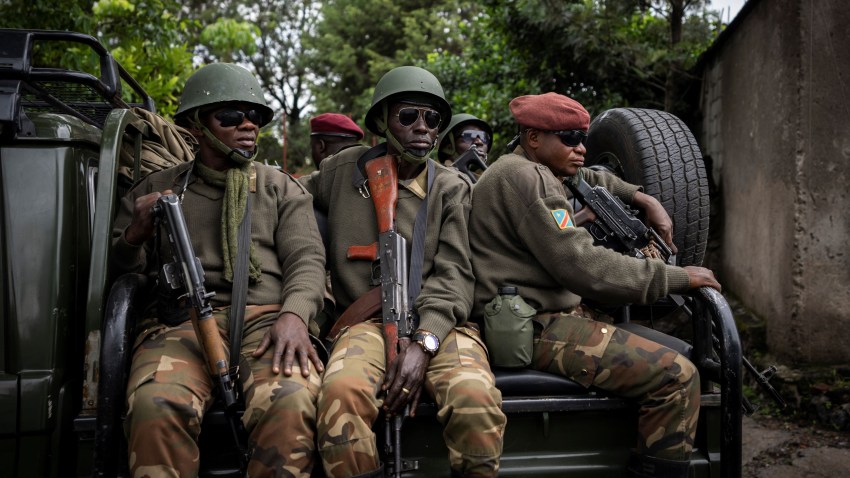A third round of peace talks between the government of the Democratic Republic of Congo and representatives of major rebel groups ended this week with the participants agreeing to a series of steps, including the unconditional release of prisoners. The so-called Nairobi Process, overseen by the East African Community and facilitated by former Kenyan President Uhuru Kenyatta, began on Nov. 28 after broad consultations with rebel groups, civil society, survivors’ groups and EAC leaders, including Burundian President Evariste Ndayishimiye, who currently serves as the bloc’s rotating chairperson.
The talks ran from Nov. 28 to Dec. 6 and concluded after a week of discussions on how to bring peace and stability to the country. Kenyatta, who implored both sides not to “make my work difficult,” called the talks the beginning of a pathway to ending the conflict in Congo and stressed the importance of reaching a lasting peace agreement. The talks will now be followed by more consultations between the Congolese government and rebel groups across the country, while EAC leaders are expected to review progress on the dialogue process next year.
The Nairobi Process aims to bring peace to eastern Congo, where more than 120 armed groups are active. The talks, which Kenyatta launched earlier this year shortly before leaving office, are intended as a parallel track to complement the new regional security force EAC leaders created earlier this year and dispatched to protect civilians in eastern Congo. The exact size of the force is unclear, but it could comprise up to 12,000 troops from the EAC’s seven member states. The force will operate under Kenyan command, with a six-month renewable mandate to support Congolese forces in stabilizing the restive eastern region.

